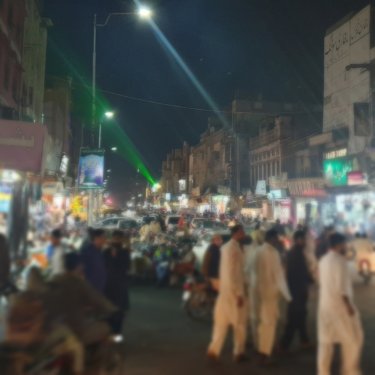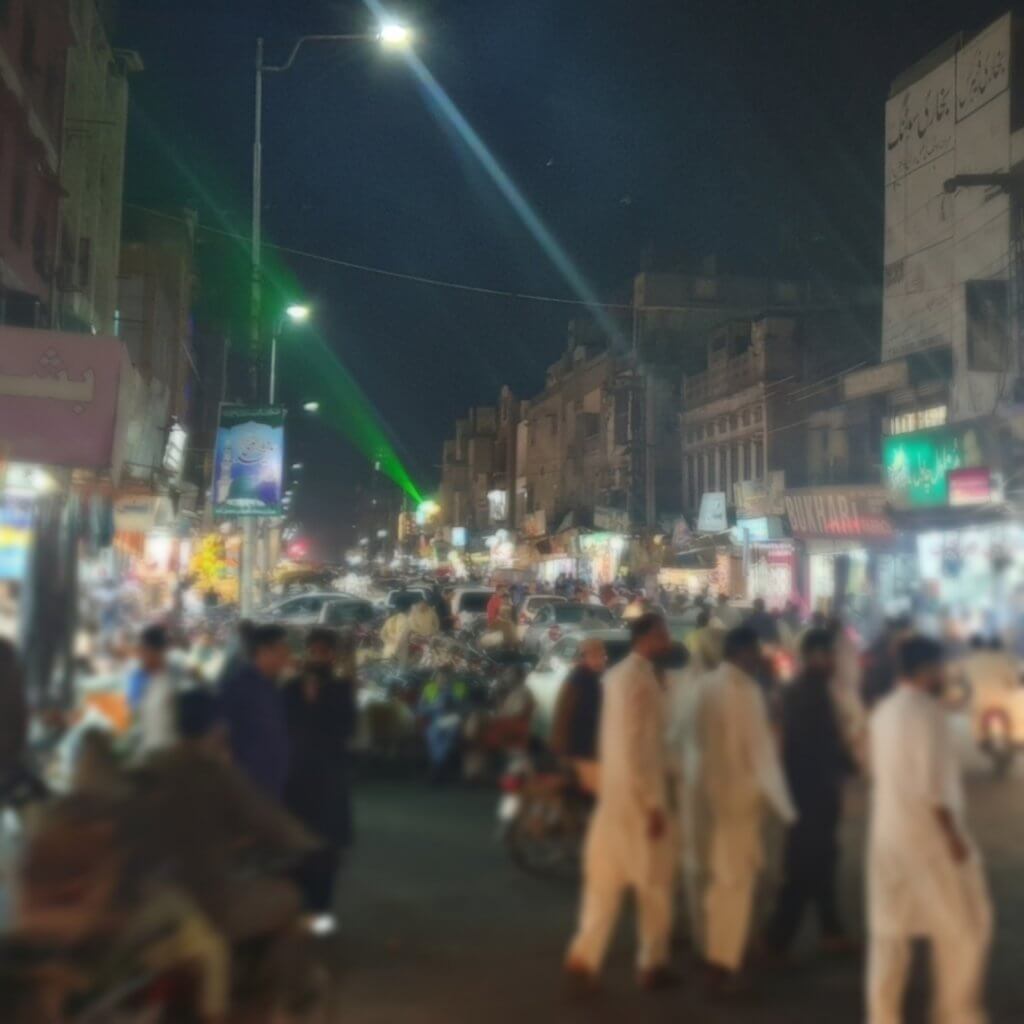The Impact and Policy Responses for Covid-19 in Asia-Pacific Region

By Syed Kafait Naqvi
United Nations Economic and Social Commission for Asia and the Pacific (UN ESCAP) has released a timely report to discuss potential impact and policy responses for COVID 19 in Asia-Pacific region 1. This blog reviews the report.
The report summarizes the economic losses and the required policy response as below.
| Economic loss | Required Policy Response |
| Loss of Human Resources and Public Health | Immediate and emergency health measures to prioritize human loss recovery over economic recovery. |
| Loss of Region’s Economic Outlook | Targeted monetary and fiscal easing to ensure economic and financial sustainability. |
| Loss of Trade and cross border movements | Immediate regional cooperation by establishing a regional and sub regional emergency along with debit relief measures. |
Emergency measures such as quarantines and travel restrictions decrease aggregate demand and increase unemployment rates. Financial instability and uncertainty have increased manifolds. The most vulnerable sector is services sector; mainly travel, food, hospitality and tourism related services. Auto, pharmaceuticals and electronics sectors are under stress due to supply constraints. However, there is a surge in demand for internet usage and online transactions.
Emergency fiscal and monetary steps such as subsidies for testing kits and enhancement of hospitals capacity must be taken on urgent basis. Monetary interventions are required to offset labor market disturbances. In addition, supply of sufficient liquidity to the banking system and reduction in interest rates will give support to the business sector. Subsidized loans to SMEs can ensure better outcomes.
In the long term, there is a dire need for an ex-ante emergency alertness to curtail the expected adverse economic impacts. ESCAP (2019) suggests that the region is required to invest minimum $880 million annually by 2030 for emergency response. To provide universal health coverage, Asia-Pacific countries must invest at least $158 billion annually by 2030. An emergency fund pool is immediately needed for rapid response to develop vaccine. In addition, fiscal spaces must be expanded to increase public spending on health. Such steps could be synchronized with the help of multilateral organizations such as ADB and IMF.
Social policy measures must be designed according to the needs of informal economy and vulnerable people. In Asia majority of population has poor facilities of health and education. Around 60 percent population of this region lacks access to social protection and around 4 out of 10 people have no access to basic health facilities.
To address the social losses due to the outbreak of COVID-19, immediate short- and long-term measures need to be taken to enhance the coverage of social protection and public health. Vulnerable groups of society such as women, migrants, old age and disabled people and health care workers are at high risk. It is imperative that governments conduct a gender analysis to devise gender-responsive interventions.
Key areas such as transport, energy and telecommunication are the fighting tools against COVID-19 and also facilitate the region to pursue its sustainable development and address climate change. Since the outbreak, there occurred a sudden decline in travel and transport activities globally. Transportation sector is badly affected as 80 percent of the business shipments are carried out via cargo transportation. Aviation industry has concerns about its ability to quickly and fully recover.
COVID-19 has decreased output in the range of 15% to 40%in China alone. Demand for electricity fell sharply, coal consumption decreased by 36% and oil refining capacity utilization declined by 34%. Similarly demand for refined oil products also sharply declined due to shutdowns. Currently, low prices of oil and gas is an opportunity to implement some structural reforms to mitigate effects of climate change. The renewable energy sector should be strengthened and diversified further to augment supply chains to increase resilience to future disruptions. Healthy and robust environmental policies may deal best with future pandemics. The global outbreak indicates that policies are required to be designed on multiple fronts, must have future oriented goals, and consist of investing in humans, developing technology and innovation, civilizing basic urban services and up to the mark supply chain mechanisms.
CONCLUDING REMARKS
All stakeholders must join hands to build mutual trust, cooperation, ensuring timely supply of medicinal materials to fight with the pandemic. There is a huge cost of ignoring vulnerable populations which will not only increase poverty and inequality, but also adversely affect social and environmental pillars of the region. The outbreak of COVID-19 is an opportunity to build crisis-resilience systems and to strengthen universal health and social protection measures.
———————
The writer is a PhD scholar from Pakistan Institute of Development Economics and serving as a Lecturer of Economics in University of Kotli AJ&K. His areas of interest are climate change, institutions inclusive growth.
1 https://www.unescap.org/resources/impact-and-policy-responses-covid-19-asia-and-pacific




